Life today can feel like it’s all moving at the speed of lightening — between work and family, our social lives and personal goals, we can feel as though were constantly teetering on some high wire act. Overwhelmingly, for many women, the list of people they are taking care of results in them at the bottom. But here’s the reality: Self-care and mental well-being are not indulgences — they’re essential to living a balanced, fulfilling life.
Throughout this manual, you will discover how to take care of your mind, body and soul, without wasting time or money on wellness practices that hardly ever deliver. Instead, you’re going to get solid, meaningful structures for becoming calmer, stronger and surer each and every day.
What Is Self-Care and Why Does It Matter for Mental Wellness
In the hustle and bustle of this fast-paced world we live in, where women wear so many hats, whether as professionals, mothers, caregivers or entrepreneurs sometimes the most important relationship we have is with ourselves. That’s where self-care comes in.
Fundamentally, self-care is about taking control of and responsibility for your personal health – both physically and emotionally. And it’s not a selfish act; instead, it is an act of self-respect. The more you invest in your own well-being, the stronger you will become to face whatever life throws at you.
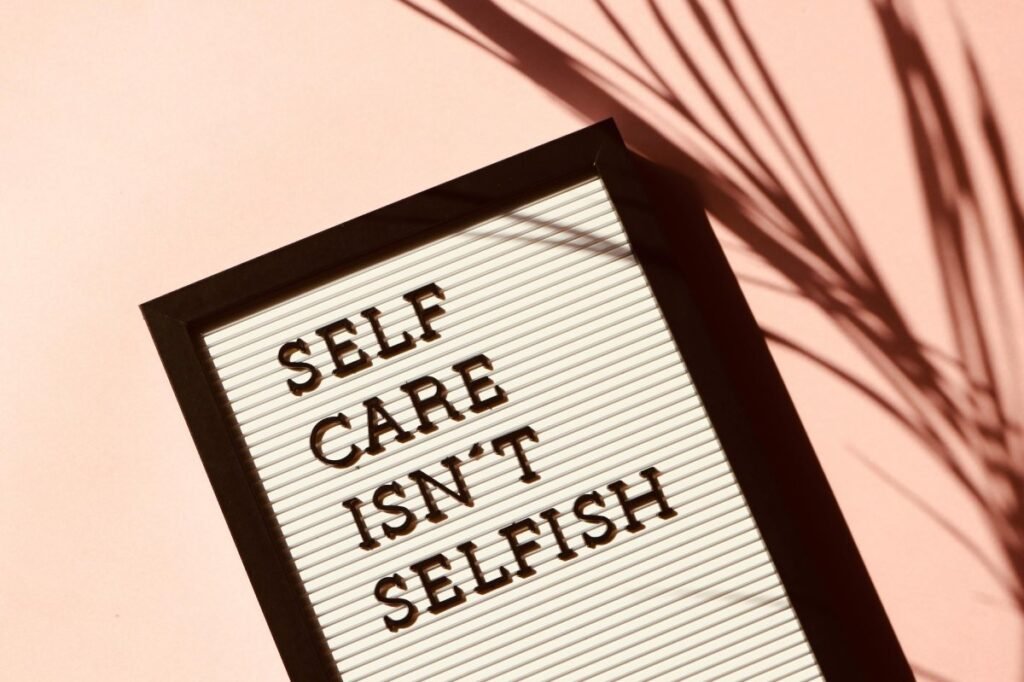
Self-care isn’t just a sporadic indulgence or weekend getaway — it’s the foundation of your life. It’s how you speak to yourself, the lines you draw in the sand, what food you put into your body and even how much rest to allow yourself. Each small decision is just that — a decision that influences how balanced and centered you feel.
The Deeper Connection Between Self-Care and Mental Wellness
Your mind and body are deeply connected, and what affects one inevitably affects the other. When you neglect self-care — skipping meals, overworking, ignoring your emotions — your mental health suffers. Over time, this can lead to chronic stress, burnout, and emotional exhaustion.
Conversely, when you make time for yourself — even just a few mindful minutes each day — your brain responds positively. You begin to notice:
- Better emotional regulation (less irritability and mood swings)
- Sharper focus and clarity in decision-making
- Higher self-esteem and confidence
- Improved sleep quality and energy levels
When you consistently practice self-care, your mind becomes calmer, more grounded, and better equipped to handle daily stressors. This creates a powerful cycle: the more you care for yourself, the stronger your mental resilience becomes.
The Misconceptions About Self-Care
Many people think self-care means indulgence — spa days, luxury skincare, or long vacations. While these can certainly be part of it, genuine self-care goes much deeper. It’s about addressing your emotional needs, managing your stress, and giving yourself permission to slow down.
Real self-care might look like:
- Saying no to commitments that drain your energy
- Scheduling regular breaks throughout your workday
- Talking to a friend or therapist when you feel overwhelmed
- Creating a calming bedtime routine for better sleep
In other words, self-care isn’t about perfection — it’s about progress. It’s about listening to your body and mind and responding with compassion.
Why It Matters So Much for Mental Wellness
The soul’s wellness is emotional balance and inner peace. It’s not that you’re supposed to be happy all the time; it’s that you’re supposed to stay morally connected even when life makes that hard.
The stress hormones which linger in the body, such as cortisol, without repeated acts of self care contribute to fatigue and even irritability and other physical symptoms ie headaches or difficulty sleeping. But when you’re being mindful about caring for yourself — whether it’s through movement, rest, nutrition or reflection — you are actively supporting your brain’s ability to repair and remain steady.
In other words, self-care is your main protection when it comes to burnout. It maintains your mental health, keeps your emotions in check and helps you think positive — no matter what obstacles come up.
“Self-care is giving the world the best of you, not what’s left of you.”
The Connection Between Self-Care and Mental Wellness
When you practice consistent self-care, you’re not just taking care of your body — you’re sending a message to your brain: “I am safe, supported, and worthy of care.”
This simple shift can rewire your stress response over time. When your nervous system feels safe, it produces fewer stress hormones (like cortisol) and more “feel-good” chemicals such as serotonin and endorphins. These natural chemicals boost your mood, reduce anxiety, and help you think more clearly.
Self-care helps balance the mind in many ways:
- Reduces anxiety and overthinking: Mindful activities like deep breathing or journaling calm mental chatter.
- Improves emotional control: You become more aware of your triggers and can respond with calm instead of reaction.
- Enhances focus and creativity: A rested mind is more open and imaginative.
- Boosts confidence and self-worth: Regular self-care reminds you that your needs matter, which strengthens self-esteem.
Over time, these benefits create a strong mental foundation that allows you to handle life’s ups and downs with greater grace and resilience.
The Vicious Cycle of Neglect vs. The Empowering Cycle of Care
When self-care is ignored, the opposite happens — stress builds up, emotions feel heavier, and small problems start to feel overwhelming. You might notice yourself becoming more forgetful, impatient, or emotionally drained.
Neglecting self-care creates a vicious cycle:
- You skip rest → You feel tired → You become less productive → You feel guilty → You push harder → You burn out.
But when you begin to prioritize yourself — even in small, consistent ways — the pattern reverses:
- You rest and refuel → You feel focused → You make better decisions → You feel proud → You continue caring for yourself.
This new rhythm becomes an empowering cycle of care that enhances not only your mental health but also your relationships, work, and overall happiness.
Emotional Energy and Boundaries
One of the most impactful links between self-care and mental well-being has to do with how you manage your emotional energy. Consider your emotional capacity as a battery — you need it to recharge on the regular.
Boundaries are one of the best forms of self-care because they safeguard your emotional reserves. You become more focused and your mind can relax when you stop overextending yourself or saying “yes” to everything that makes you tired.
Healthy boundaries let others know how to treat you — but even more importantly, they remind you that your peace is important.
The Science Behind It
Studies performed by mental health charities like the NHS and Mind UK back this report up, observing a correlation between self-care activities and mental well-being. Exercise, a healthy diet, proper rest and relaxation all help reduce cortisol levels and stabilize mood — lowering anxiety and depression.
In reality, research demonstrates that when you engage in even small acts of self-care — like walking outdoors, reflecting on what makes your life worthwhile or calling a friend to say hello — those moments can teach your brain to be more resistant to stress and negative thinking.
That is why it’s no hyperbole to say: self-care is mental health care. And when you are tending to your body and mind daily, you create this emotional armor that allows you to go out into life feeling confident.
The Takeaway
Mental wellness doesn’t just “happen” — it’s built, day by day, through small acts of care. When you consistently choose rest over exhaustion, peace over pressure, and self-compassion over guilt, you’re building a happier, healthier version of yourself.
“The relationship between self-care and mental wellness is like the sun and its warmth — one cannot exist fully without the other.”
1. Morning Routines That Empower Your Mind and Body
A peaceful morning sets the tone for your entire day. Instead of rushing out the door or scrolling social media, try these mindful habits:
Practice Gentle Movement
Start your day with yoga stretches, a short walk, or deep breathing. These small actions awaken your body and clear your mind.
Hydrate First
Before your coffee, drink a glass of water with lemon. It boosts hydration, metabolism, and focus.
Journal or Reflect
Take 5 minutes to write your thoughts, gratitude, or goals. This simple act promotes mindfulness and helps you set positive intentions.
Transition tip: Even small morning rituals can create big mental shifts over time — consistency matters more than perfection.
2. Mindfulness Practices for Everyday Peace
Mindfulness is about being present — fully experiencing the moment without judgment. It may sound simple, but in a world of constant notifications, it takes practice.
Try incorporating mindfulness into your day by:
- Breathing deeply when you feel stressed
- Savouring your meals instead of multitasking
- Listening actively during conversations
- Taking mindful breaks between tasks
3. Emotional Boundaries: The Secret to Inner Calm
Setting boundaries doesn’t mean you’re rude or unkind — it means you respect your time, energy, and mental space.
Women often feel guilty for saying no, but remember, “No” is a complete sentence.
Boundaries help:
- Prevent emotional exhaustion
- Build self-respect
- Strengthen healthy relationships
Example: If someone constantly drains your energy, politely limit your interactions. Protecting your peace is a form of self-love.
4. Nourishing Your Body — Inside and Out
What you eat and how you move directly affect your mental health. Studies show that a nutrient-rich diet can reduce anxiety and improve mood.
Eat for Energy and Mood
Include foods rich in:
- Omega-3 fatty acids (found in salmon, chia seeds, walnuts)
- Leafy greens and berries (for antioxidants)
- Whole grains and lean proteins (for stable energy)
Move with Joy
Forget the pressure of “perfect workouts.” Instead, find movement you enjoy — dancing, cycling, Pilates, or a peaceful walk.
Regular physical activity releases endorphins, your body’s natural stress relievers.
5. Sleep — The Unsung Hero of Mental Wellness
Sleep is often ignored, yet it’s the cornerstone of emotional health. Lack of quality sleep can make you irritable, anxious, and less productive.
To improve your sleep:
- Maintain a consistent bedtime
- Avoid screens at least 30 minutes before sleeping
- Create a calm bedtime ritual — read, stretch, or practice gratitude
Transition idea: Think of sleep as a nightly reset button for your mind and body. When you rest deeply, you rise stronger.

6. Social Connections and Support Systems
Humans are wired for connection — and women especially thrive through meaningful relationships.
Build a circle that uplifts you, not drains you. Whether it’s friends, family, or online support communities, sharing your experiences helps reduce isolation and anxiety.
Try this:
Reach out to someone you trust once a week. A simple conversation can do wonders for your emotional well-being.
7. Digital Detox: Reclaiming Your Time and Focus
Constant notifications, endless scrolling, and comparison traps — sound familiar?
Social media can inspire, but too much exposure can also harm your self-esteem.
Here’s how to reset:
- Set screen time limits
- Unfollow accounts that trigger negativity
- Spend at least one hour offline before bed
Your mental clarity and focus will thank you.
8. Simple Self-Care Rituals for Busy Women
You don’t need hours to care for yourself — just moments of mindfulness throughout the day. Try these simple rituals:
- Light a candle during your evening tea
- Take a warm bath after work
- Listen to your favourite playlist while cooking
- Write affirmations on sticky notes around your mirror
These micro-habits bring small doses of joy that add up over time.
9. How to Create a Self-Care Plan That Works for You
The best self-care plan is personalised. What works for one woman may not work for another — and that’s okay.
Step-by-Step:
- Assess your needs: Which areas of life drain you most?
- Set small goals: Start with one habit at a time.
- Track progress: Use a planner or app.
- Celebrate small wins: Progress is self-care, too!
Over time, you’ll find a rhythm that feels natural — not forced.
10. Signs You Need to Slow Down
Sometimes your body and mind whisper before they shout. Recognising the signs of burnout early can help you reset before it’s too late.
Watch for:
- Constant fatigue or irritability
- Trouble sleeping
- Loss of interest in things you enjoy
- Feeling “on edge” all the time
When these signs appear, it’s your cue to pause and prioritise your wellbeing.
FAQs About Women’s Self-Care and Mental Wellness
1. Is self-care selfish?
Not at all. Self-care helps you stay emotionally balanced, so you can show up better for others. It’s an act of strength, not selfishness.
2. How can I practice self-care daily with a busy schedule?
Start small — even 10 minutes of mindful breathing, journaling, or stretching can make a difference. Consistency beats intensity.
3. What’s the link between nutrition and mental health?
A balanced diet nourishes the brain and stabilises mood. Foods rich in omega-3s, vitamins, and antioxidants are particularly beneficial.
4. Are there free mental wellness resources?
Yes! You can find trustworthy mental wellness guidance and self-help tools from sources like the NHS Mental Health Resources.
5. How can I stay consistent with self-care?
Set reminders, track your habits, and celebrate progress. Remember — it’s about growth, not perfection.
A Gentle Reminder Before You Go
Self-care isn’t about being perfect; it’s about being kind to yourself. When you prioritise your mental wellness, you radiate confidence and peace that inspire others, too.
If you’d like to continue your journey, visit Women Wellness UK for more guides, tips, and inspiration to help you live a calmer, happier, and healthier life.


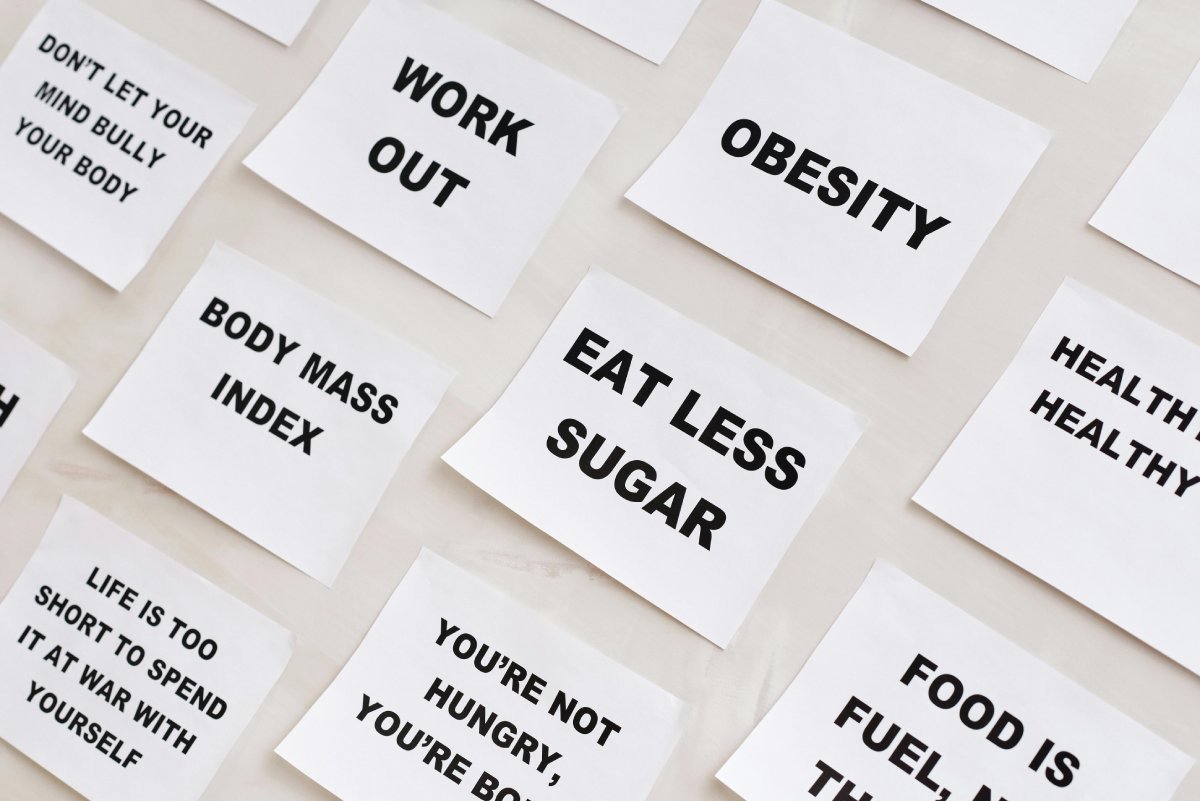







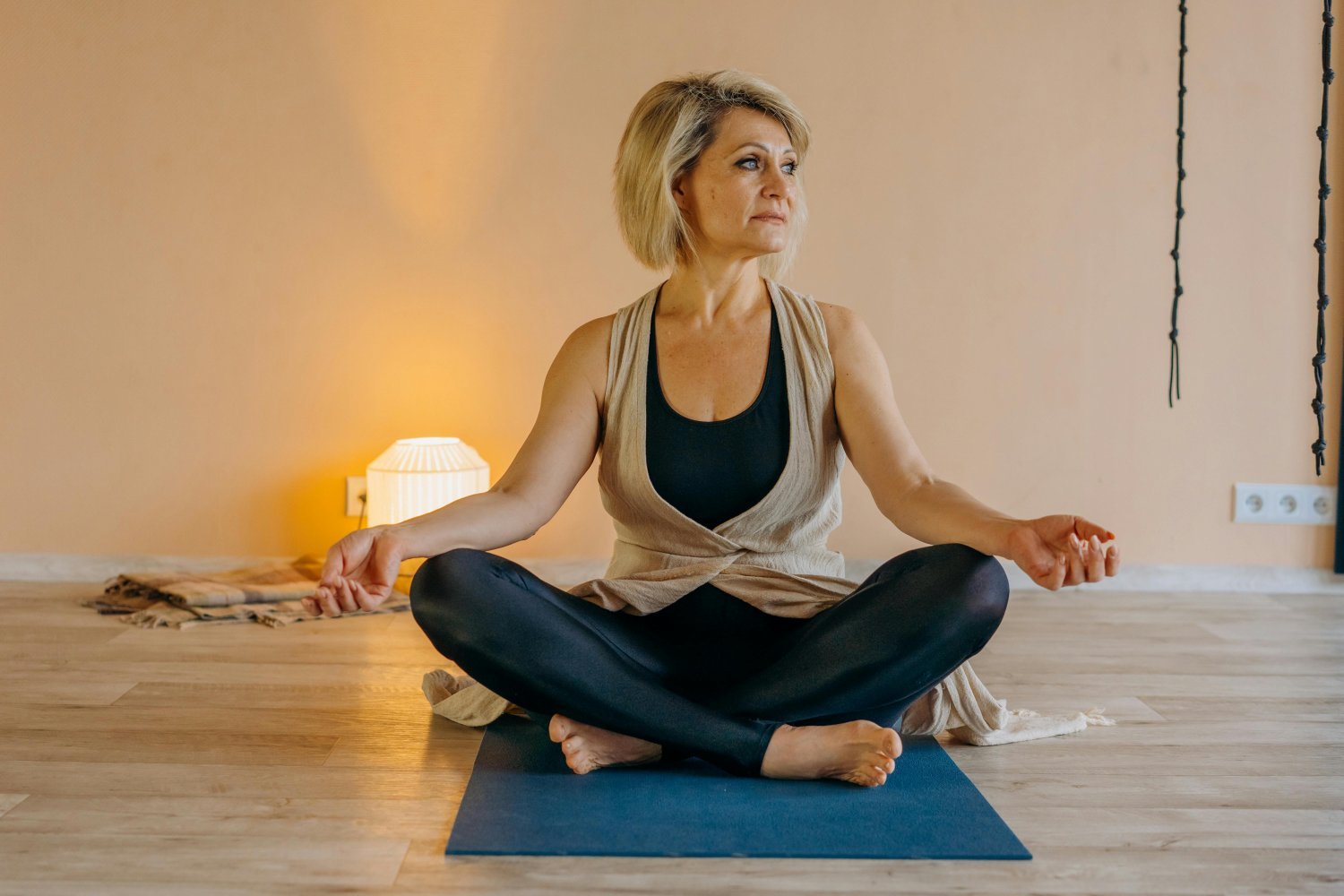
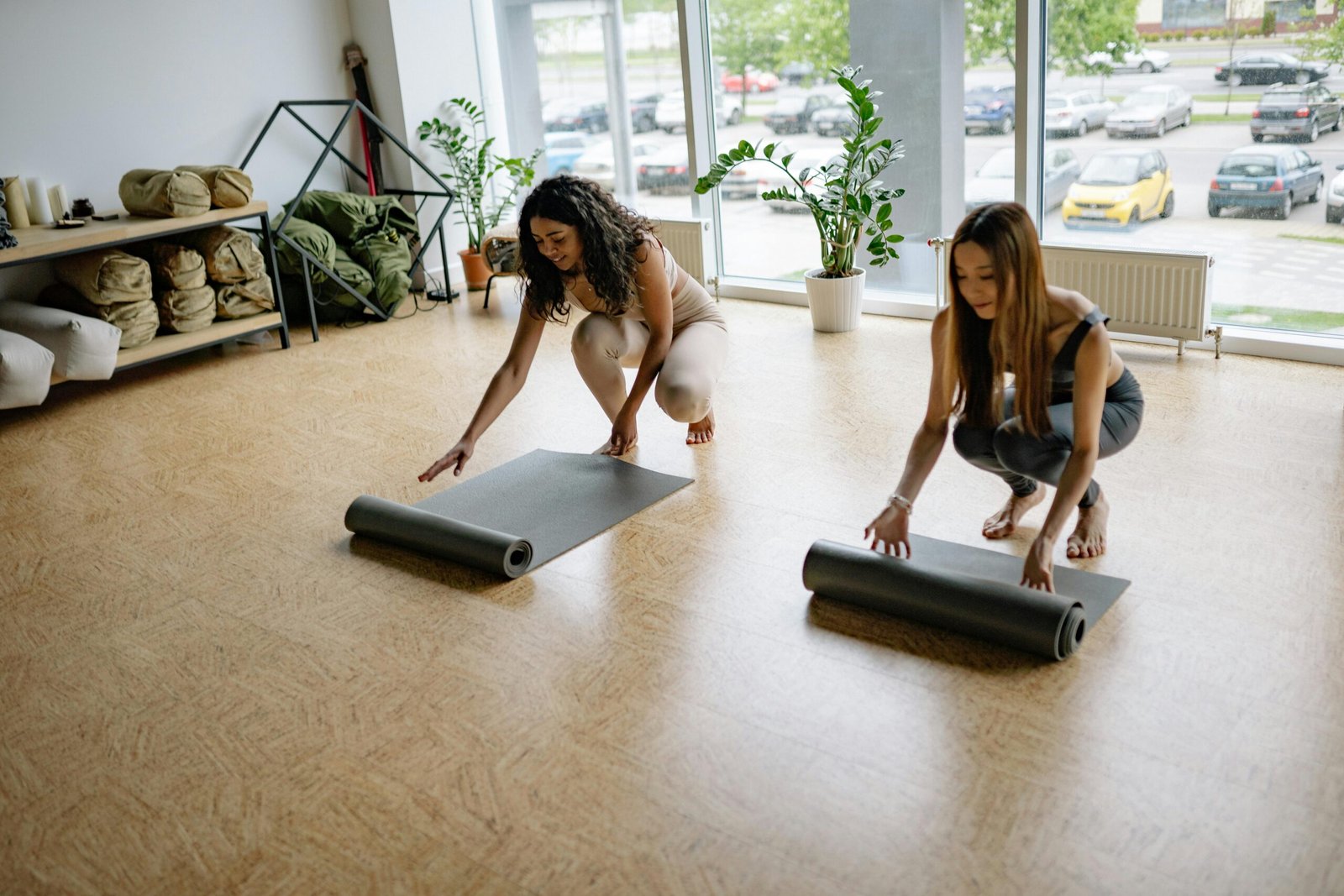
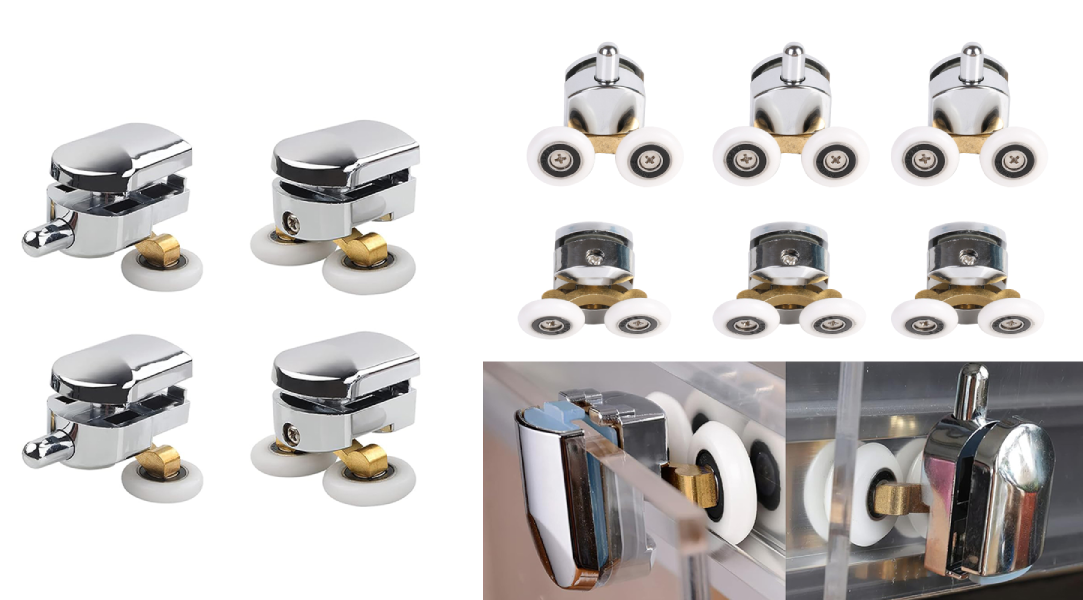
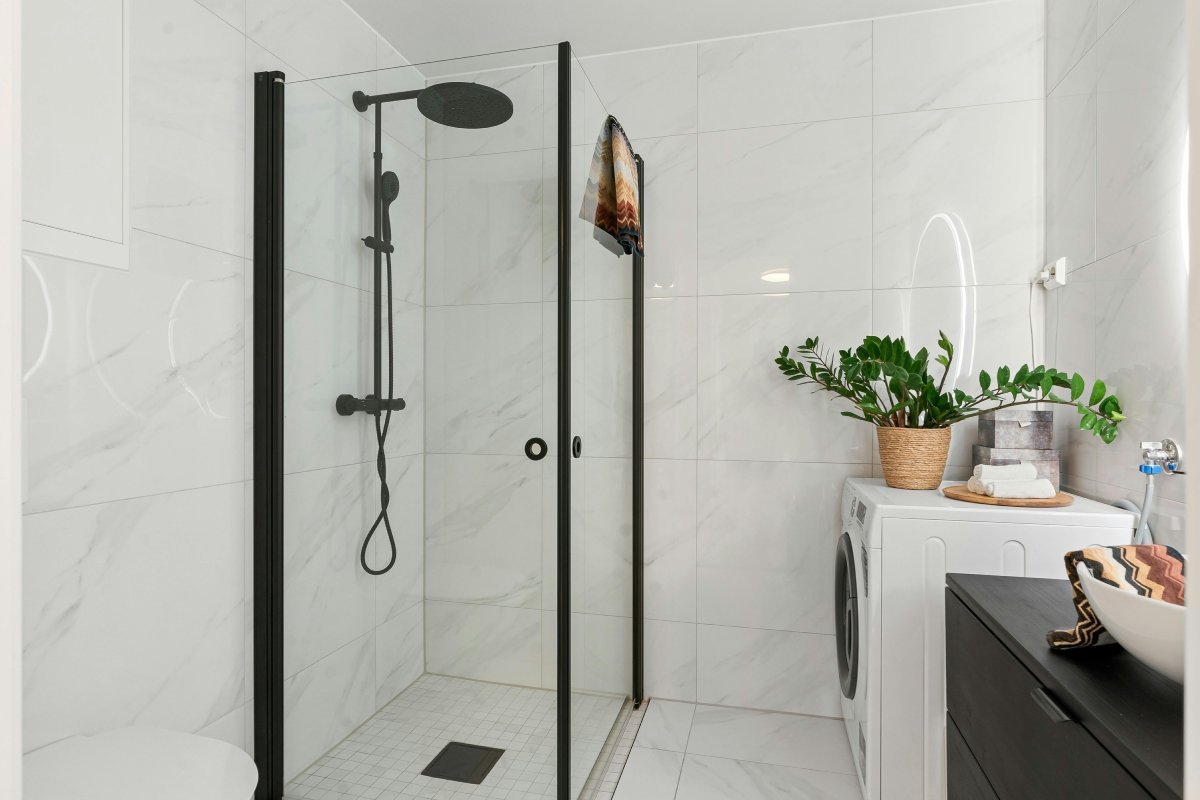
Leave a Reply